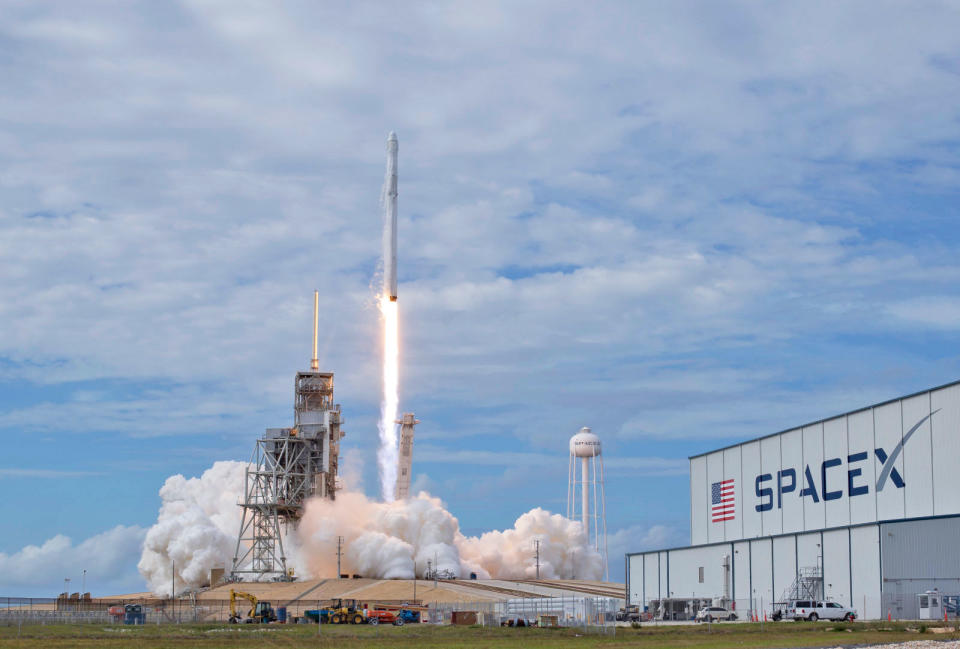GAO expects delays in SpaceX and Boeing astronaut flight certification
It looks like it will be December 2019 at the earliest.
It's no secret that NASA is pretty far behind schedule when it comes to returning to human spaceflight. Currently it's working with two contractors, Boeing and SpaceX, for eventual crewed flights. Today, the House Committee on Science, Space, and Technology asked NASA some hard questions about the delays, and it turns out the setbacks aren't over yet. Cristina Chaplain from the GAO, who testified at the hearing, said, "We've found that the program's own analysis indicates that certification is likely to slip into December 2019 for SpaceX and February 2020 for Boeing." Both companies are currently scheduled to be certified in the first quarter of 2019, and both companies maintained during the hearing that they are confident in their current schedules.
According to William Gerstenmaier, the associate administrator for the Human Exploration and Operations Directorate at NASA who also testified at the hearing, the US is currently covered through fall of 2019, thanks to seats we've purchased on Russian Soyuz rockets. After that, though, it becomes a real problem. If there are additional delays to either of these schedules, Russia can't build more Soyuz capsules in time to accommodate the US, and there are no more seats reserved for U.S. astronauts. While Gerstenmaier said that NASA is brainstorming about how to find additional flights if such an action becomes necessary, that doesn't change the constraint here. There's currently one vehicle able to ferry astronauts to and from the ISS. It's not clear where NASA expects to find more choices there.
It's important to note that certification is different than a first flight. While SpaceX and Boeing are both scheduled to send their first crewed flights into space by the end of 2018, it's likely they will slip into early next year. Human-rating certification, on the other hand, is a rigorous process to ensure that the system (crew capsule and launch vehicle) is safe to regularly carry astronauts.
The delays are certainly frustrating, and we can add to that the fact that the ISS is currently only scheduled to be in operation through 2024. It's looking like we'll be getting very close to the end of the space station's life before the US has a regular method to send astronauts there and bring them home. That being said, NASA's certification program is rigorous (it will require seven flights of the Block 5 Falcon 9 before it allows the system to be certified to carry humans), and safety comes first. At the hearing, Gerstenmaier said, "NASA is aware of the schedule, but not driven by the schedule." This is an incredibly complicated process, and it's important to get it right, with a minimum of risk for astronauts.



